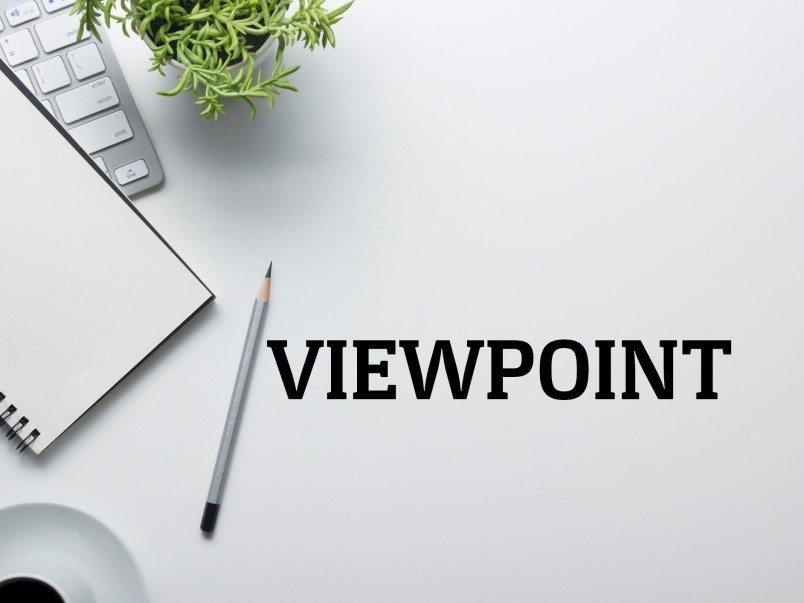Canadians celebrated the 40th anniversary of the Canadian Charter of Rights and Freedoms on April 17 as a symbol of national purpose. City of Powell River issued a proclamation in its honour.
It’s easy to forget how divisive it once was. Even today, it is subject to conflicting interpretations. Most recently, the so-called “freedom convoy” cult is trying to hitch the charter to its own anti-government, anti-public health agenda.
Philosopher Isaiah Berlin famously distinguished between “freedom from,” or negative freedom, and “freedom to,” or positive freedom.
“Freedom from” concerns the absence of constraints, like unreasonable search and seizure, on a person’s actions. “Freedom to” implies that citizens have access to the resources needed to actually live free, healthy and productive lives.
If freedom has a double dimension, government has a dual role. It can be a force for repression, for example, the expropriation and colonization of Indigenous peoples, or the wartime internment of Japanese-Canadians. But governments also have positive functions, in providing the means, such as a public health-care system, that enable people meaningfully to exercise their legally-defined freedoms.
Unfortunately, the convoy cult is promoting a lopsided, self-serving view of the charter. It emphasizes absolute freedom from constraints without considering counterbalancing social responsibilities or the trade-offs with the rights of others.
Convoyers interpret governments' roles almost entirely in terms of control and repression, rather than shared purposes and the public good. The charter’s very first section allows governments to override rights normally protected from legislative interference, when “demonstrably justified in a free and democratic society.”
The Supreme Court has ruled that while Criminal Code and human rights legislative restrictions on hate speech do restrict freedom of expression, such restrictions are justifiable, in light of values like equality, dignity and personal security. If a raging global pandemic does not provide demonstrable justification for protecting public health through mask and vaccine mandates and temporary restrictions on large gatherings, what does?
To be sure, the charter is neither perfect nor complete.
The adversarial and expensive process of adjudicating rights through the courts gives an advantage to wealthy and entrenched interests. The charter’s scope is limited to relations between governments and individual citizens; it does not address how other centres of power, such as corporations, can restrict the real-life freedoms of Canadians.
Arguably, jurisprudence since 1982 has tended to enable neoliberalism by embracing property rights, even though they are not formally part of the charter. Indeed, following the United States example, corporations have acquired legal rights equivalent to those of living, breathing persons.
In the 1980s, for example, Toronto law professor Harry Glasbeek predicted that the “fundamental freedom” of the press would be interpreted, not as fair access to the democratic public forum by diverse groups, but as a property right of monopolistic media owners.
“The historical function of the judiciary has been to protect the status quo” and “the dominant classes,” Glasbeek argued.
In the 1990s, as if to make Glasbeek’s point, the courts rejected a charter challenge to Conrad Black’s takeover of large swaths of Canadian newspapers.
The charter does not offer constitutional guarantees of positive freedom – such as access to basic income, education (except in a minority official language), health care, clean water or a safe environment. Unlike three quarters of the world’s national constitutions (149 out of 193), the Canadian constitution remains silent on the fundamental issue of environmental protection.
Nevertheless, the charter is not a libertarian manifesto for unrestricted individual behaviour. At its best, it has given substance to equality and a balance between social and individual rights, something that the convoy cult’s one-sided and destructive definition of freedom does not do.
Robert Hackett is a qathet Regional District writer; his most recent collaborative book is Journalism and Climate Crisis.



